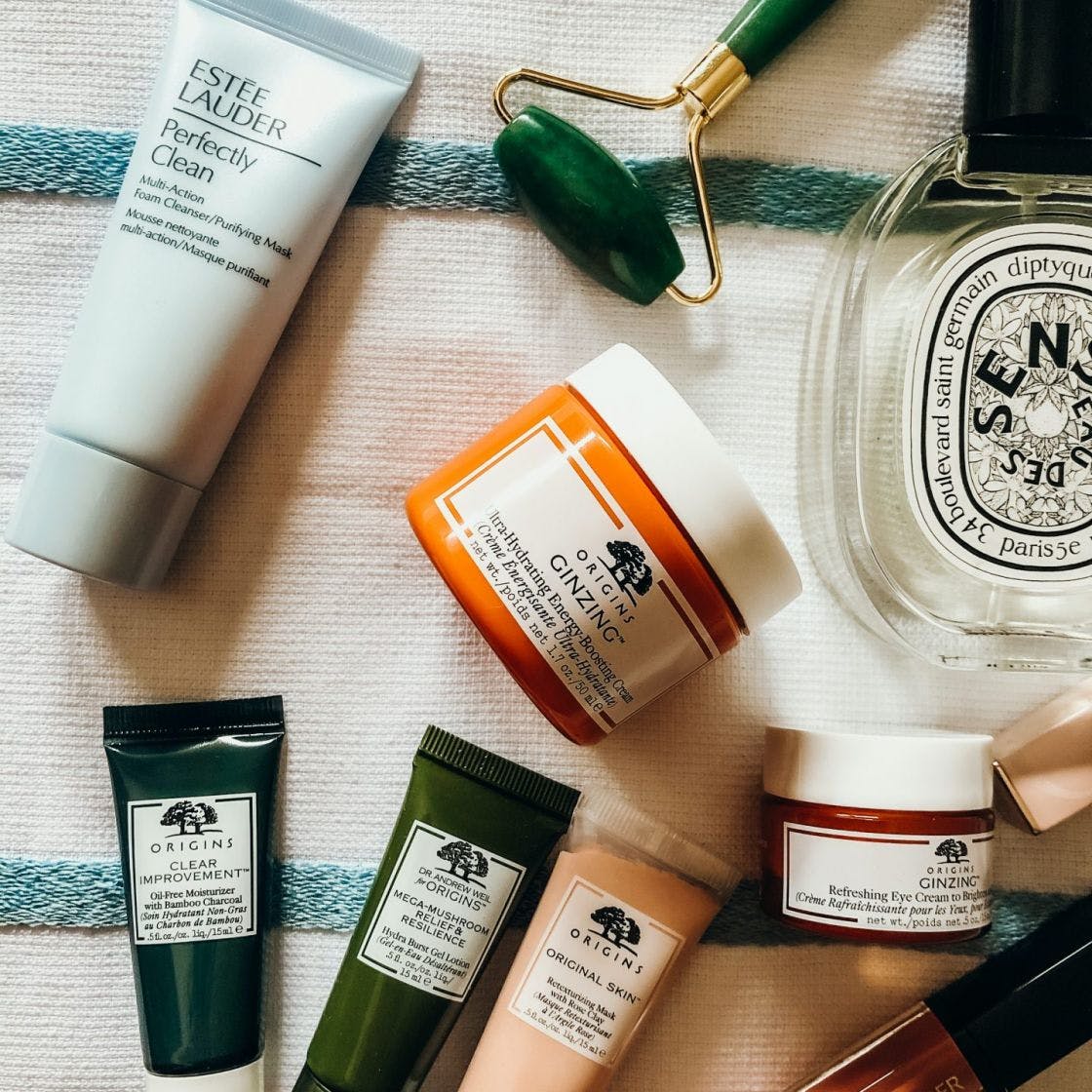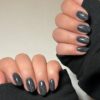When it comes to keeping our beauty products in tip-top condition, there’s a lot to learn. From beauty expiry dates to skincare fridges – how you take care of your products is just as important as how you apply them to your skin. Yet research carried out by online skincare retailer Face the Future has found that the majority of skincare enthusiasts are actually storing their products in the wrong place, leading to shelf-life problems and ineffective formulas.
The research found that when it comes to storing your skincare, the bathroom is the most popular spot to keep products. Having surveyed over 2,000 people about their skincare habits, Face the Future learned that 61% of people reported keeping at least some of their favourite skincare products in the bathroom.
Why shouldn’t you store your skincare in the bathroom?
Skincare products are susceptible to changes in temperature, making a hot and humid bathroom a less than ideal spot to keep your serums and moisturisers.
“When you shower, your bathroom heats up significantly and this can spell disaster for your skincare products. The rapid heating and cooling that takes place can fundamentally change the texture of a product and make it more watery – ultimately diluting its effectiveness,” Hulme explains.
“To make sure you are getting the most out of your skincare, you should really look to store it outside the bathroom and move products before each use. While it might seem like a lot more effort, storing your skincare in a more stable environment can help to prevent your products from showing signs of expiry well before they should.”
With skincare, a product’s stability relies on the packaging,” says Paula Begoun, founder of Paula’s Choice. Jars are the worst because they harbour bacteria and let air and light in, which causes ingredients to deteriorate. And while pumps are the most protective, if the product stands for weeks between usage, hardened gunk on the nozzle can harbour bacteria so avoid flitting between products. Vitamin C and retinols are products degraded by light and heat, so keeping them in a cool cabinet is best.
Even products such as scrubs and cleansers, that are specifically designed to be used in the bathroom, are susceptible to problems if not stored correctly. Using a pump formula cleanser or body wash? Then hide it from the showerhead and taps. There’s a chance that droplets of moisture can condense and work their way up the pump and dilute the formula. Jars of body scrub can also fall victim if lids are kept off for too long, with salt and sugar-based products particularly vulnerable to degradation even if they’re housed in tubes.
“With skincare that has been kept in the shower or next to the sink, it is important to keep an eye out for any changes in consistency and appearance that could suggest a product is no longer safe to use. If a product starts to look or smell different to how it did when first opened, this is a really obvious sign that you should get rid. If you are choosing to keep any products in the bathroom, make sure that they are always completely sealed to help prevent the build-up of bacteria,” says Hulme.
What is the best way to store your skincare?
To help keep your skincare working effectively for as long as possible, Face the Future advises storing skincare in a drawer or cupboard away from natural light.
The ideal temperature to store your skincare at is between 15-25°C, so be mindful of any nearby heat sources and Hulme suggests that you shouldn’t be tempted to put your skincare in the fridge.
“While we have seen a real uptick in recent years of people opting to store their skincare in the fridge, we would never advise this. Just like with a warm bathroom, the low temperature within a fridge is well outside the recommended range for skincare and will most likely result in products splitting or the active ingredients becoming docile.”
Source : Stylist | Main image: Michela Ampolo via Unsplash


























